u:africa-lab, the podcast
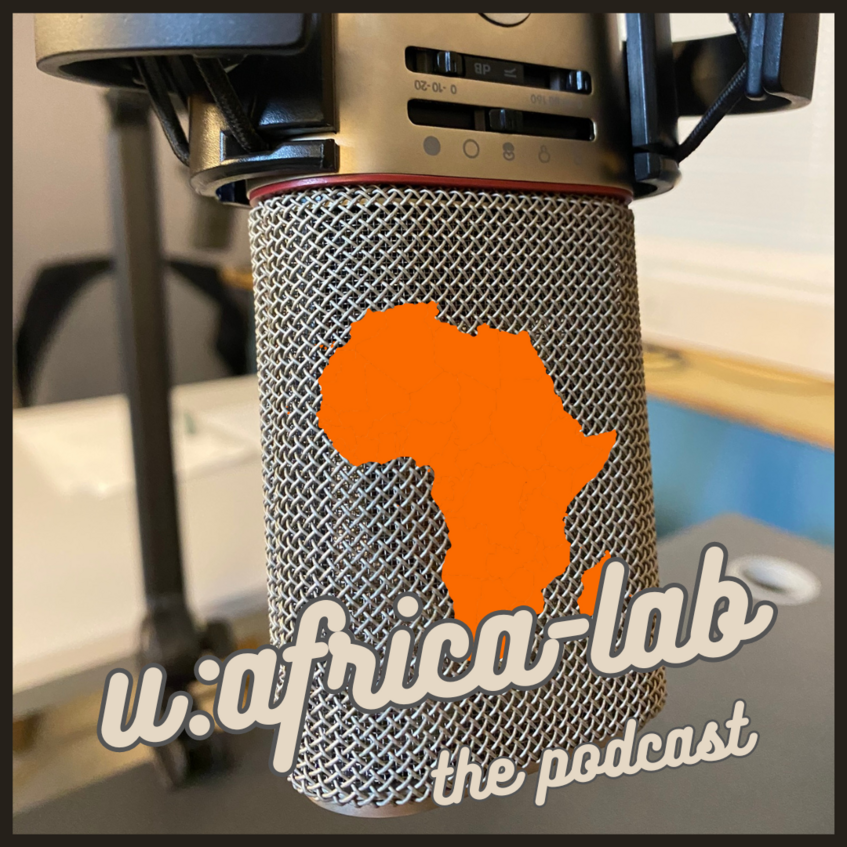
u:africa-lab is the podcast series of the department of African studies of the University of Vienna. Joyfully and enthusiastically created in 2023, it aims to touch the largest and most diverse audience possible that the expansive and multi-faceted field of African studies actually concerns.
Once a month, researchers, artists, teachers or students will change perspectives, question representations, uncover new topics and research fields, discuss various issues from decolonization to eco-criticism, African literature, feminism or Rastafari culture, all of that in a nutshell format of 20-30 minutes.
Episodes
Episode 7 - Anna-Leena Toivanen
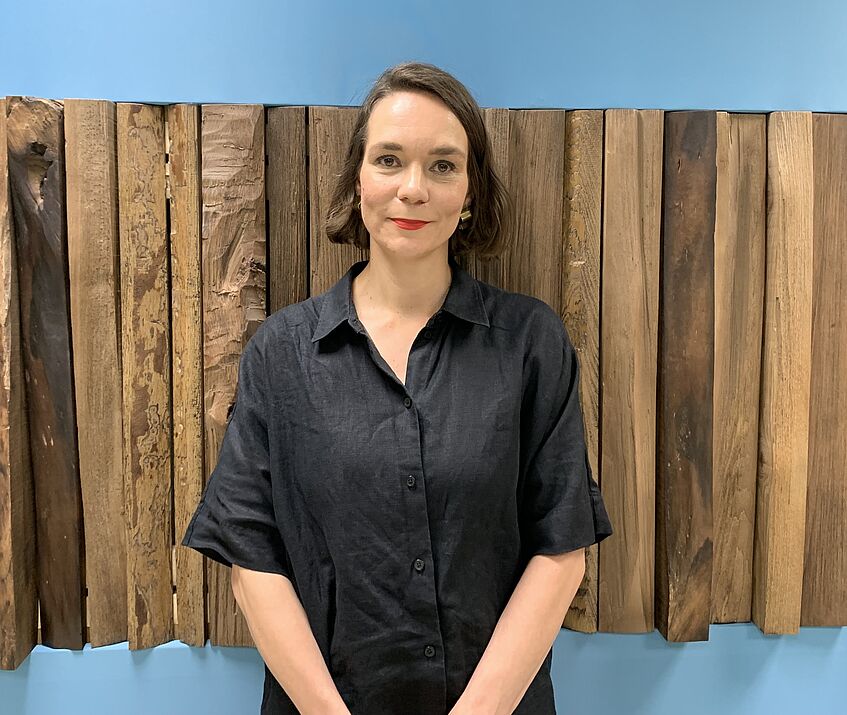
Episode 7 - Anna-Leena Toivanen
In this episode, Anna-Leena Toivanen, Academy Research Fellow at the University of Eastern Finland, invites us to explore the rich and complex world of mobilities in Francophone African literatures. In her research, she examines how narratives of travel and movement - spanning clandestine migration, immobility, and even crime fiction -reflect and challenge broader social, cultural, and political dynamics. Drawing on post-colonial theory and mobility studies, Anna-Leena offers fresh insights into how these frameworks deepen our understanding of African literary texts. Join us for a thought-provoking discussion that sheds new light on the intersections of literature and mobility.
Host: Elisabeth Knittelfelder
Episode 6 - Student Exhibition. Rwanda 1994: Humanity’s Collective Memory(cide) - 30 Years Later
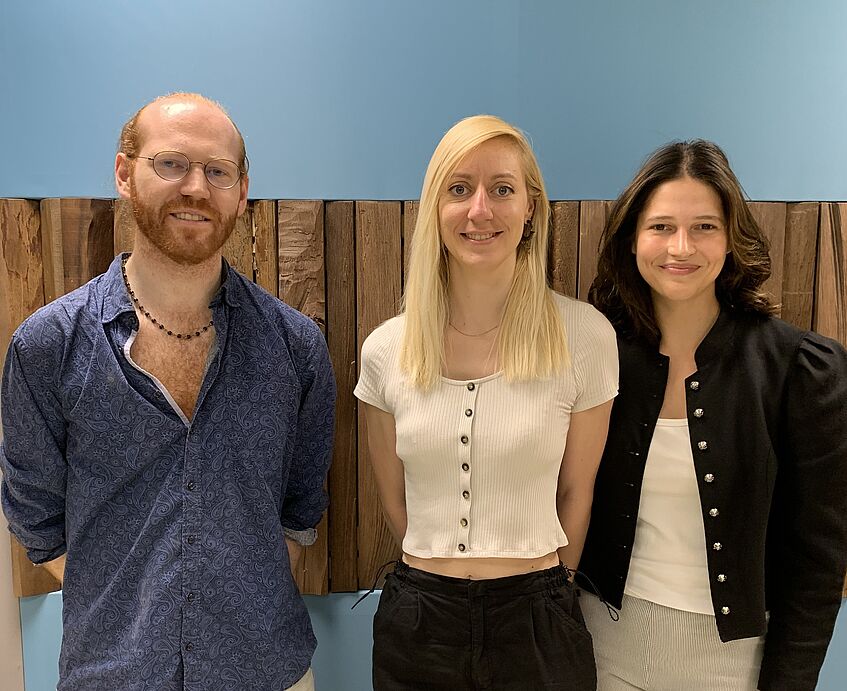
In this episode, Laura Steindorf, Robert Tibke, and Katharina Wiesmayer discuss their student exhibition on the Rwandan Genocide which they organised at the Department of African Studies (opening April 2024). The three students of comparative literature talk about how and why this project came about and which texts informed the exhibition. They tell us about the creative process behind some of the artworks and what they want to achieve with them. They show us in what way new perspectives and insights, especially from younger generations, can help preventing “memorycide”. The exhibition will remain accessible indefinitely on the second floor of our department.
Host: Elisabeth Knittelfelder
Episode 5 - Rémi Tchokothe
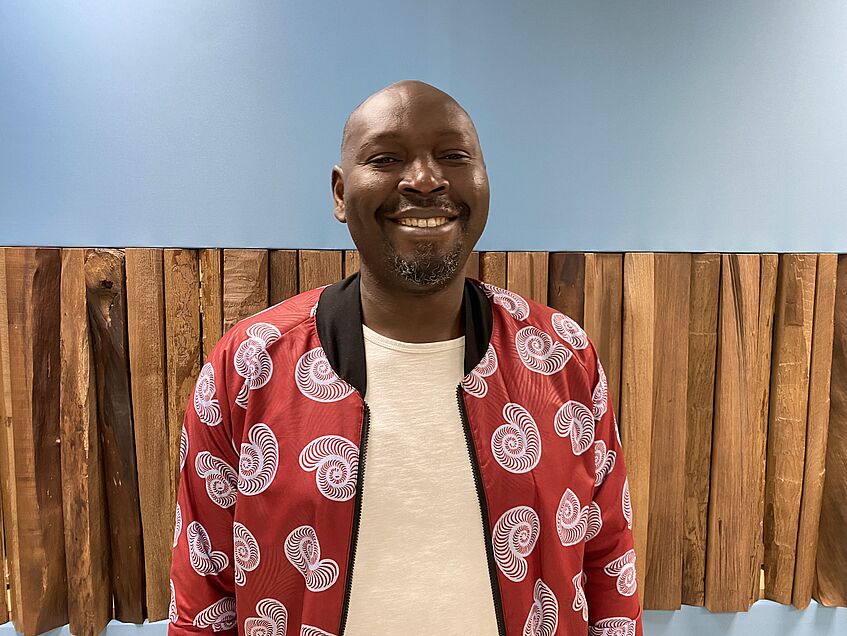
Episode 5 - Rémi Tchokothe
Rémi Tchokothe ist Professor für Vergleichende Literaturwissenschaft mit dem Schwerpunkt afrikanische Literaturen an unserem Institut. Anlässlich der Veröffentlichung seines Buches, das im August 2023 bei Brill erschienen ist, spricht er mit uns darüber, was ihn dazu veranlasst hat, einen großen Teil seiner Forschungen dem Archipel der Komoren und der komorischen Literatur zu widmen: Er erzählt uns von dem menschlichen Drama, das sich seit den 1970er Jahren in diesem zerrissenen Gebiet abspielt, aber auch von den Initiativen der Bürger und Vereine, dem Aufschrei der Schriftsteller, der immensen Kraft der Literatur und der Notwendigkeit, die Afrikastudien neu zu gestalten.
Sprache: Französisch mit englischen UT
Host: Sandra Benecchi
Episode 4 - Rassismuskritische AG
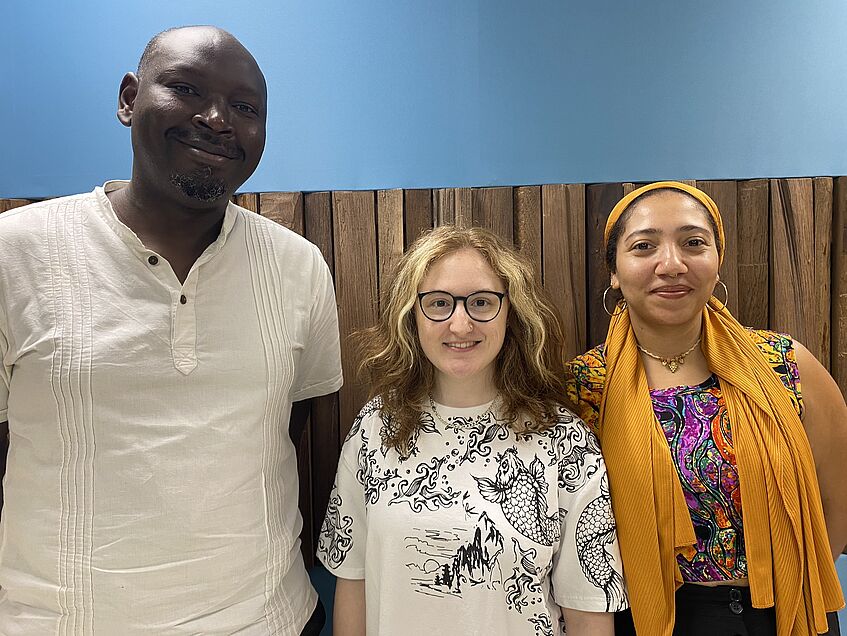
Episode 4 - Rassismuskritische AG
In dieser Folge erzählen Lisa Tackie und Viola Innerhuber in einem Interview mit Rémi Tchokothe wie die Rassismuskritische Arbeitsgruppe an unserem Institut entstanden ist. Sie sprechen über die Ziele, konkrete Maßnahmen, Aktivitäten und Herausforderungen der AG, sowie über Fragen wie Was ist Rassismus, Rassismus im Bildungssystem, oder wie Geschichtsschreibung rassistische Bilder produzieren und Vorurteile aufbauen kann. Diese Arbeit erfordert einen langen Atem, sagt Lisa Tackie, weil die Dinge sich manchmal nur langsam verändern lassen. An Atem mangelt es unseren drei Protagonist*Innen und dem Rest des AG-Teams allerdings nicht.
Host: Rémi Tchokothe
Episode 3 - Dominik Frühwirth

Episode 3 - Dominik Frühwirth
Dominik Frühwirth is a researcher and doctoral candidate who is currently working on the project Rastafari Reasonings on Africa in Historical Perspectives, which is a project mainly concerned with the connections between Rastafari, a movement emerging in the 1930 during the Jamaican colonial period, and the Rastafari movement´s long held identification with Africa and longing to return to Africa amongst Rastafarians.
In this episode, Dominik speaks: the necessity for researchers to amplify the voices of the collaborators in their research, defining and clarifying what Rastafari Studies are, and as well as a peer into the history of the Rastafari movement in Austria - grounded by an overview of the interactions between politics or “ Politricks “ and the Rastafari movement.
Host: Elisabeth Knittelfelder
Episode 2 - Olusegun Titus
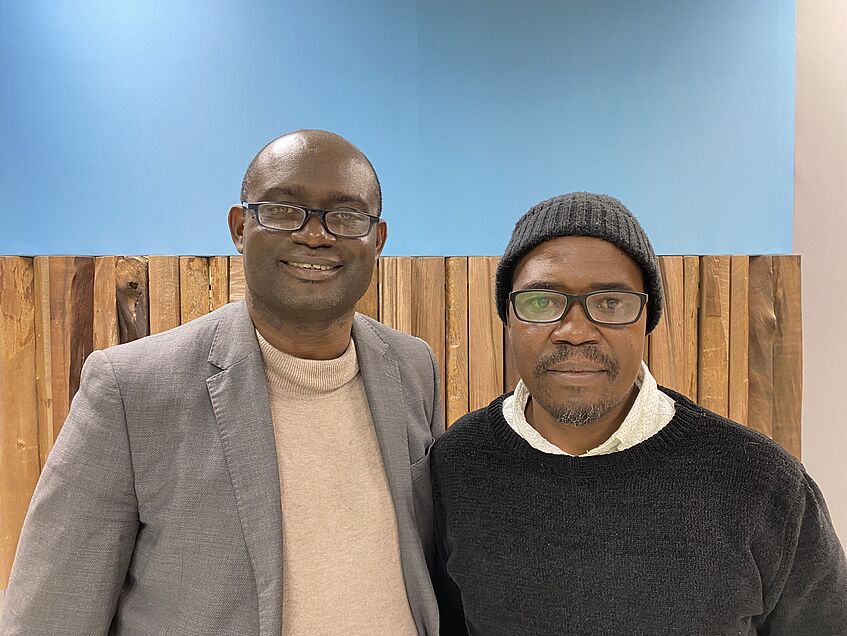
Episode 2 - Olusegun Titus
Olusegun Titus visited our department in November 2023 to give a lecture on the Niger Delta of Nigeria. In this episode, he explains how the 2011 flood in Ibadan led him to discover the discipline of African ecomusicology and the role music can play in raising awareness for the climate crisis. Furthermore, Olusegun talks about poisoned land, the lack of clean water, and the silencing of protesters in the Niger Delta. He also discusses the need for funding and updated curricula in African universities. And he sings in Yoruba. If you ask him whether he is an academic or an activist, he will answer: “Both!”, of course.
Host: Chenai Murata
Episode 1 - Nicolas Mabillard
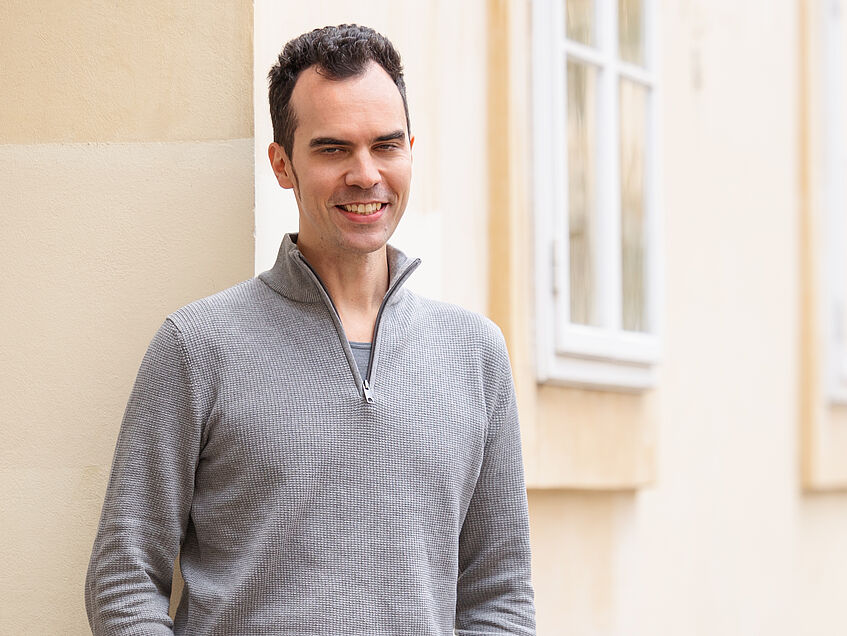
Episode 1 - Nicolas Mabillard
Nicolas Mabillard spent two years at our department as a research fellow. In this episode, the Swiss sociologist tells us about his research on the socialization of children and teenagers born in the EU into Senegalese/Ghanian families and fostered in their parents' country of origin. He also explains why Vienna was no obvious destination for his research and reveals his favourite chocolate brand. Spoiler alert: it's from Swiss Migros supermarket.
Hosts: Nkosinathi Dlamini, Sandra Benecchi
Our Team
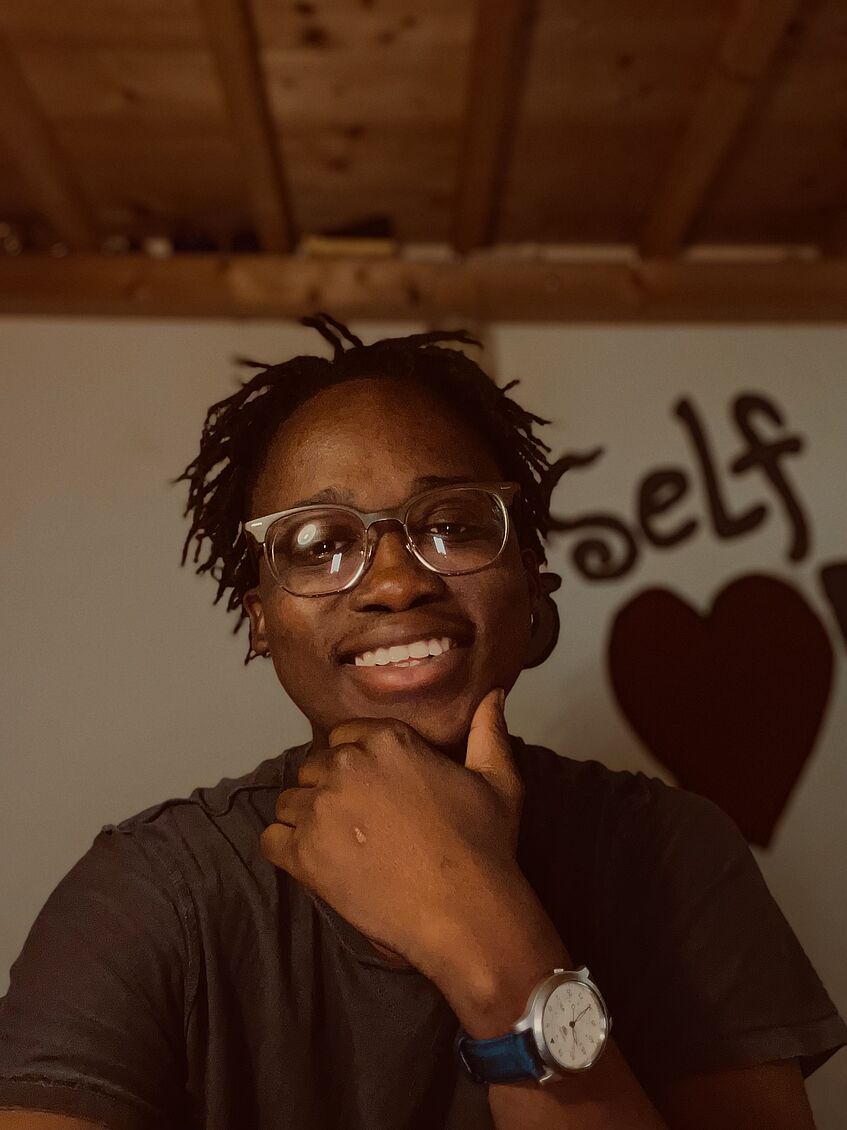
Nkosinathi Dlamini (host, technical producer): I have been a language lecturer for isiZulu since 2020 at the Institute for African studies – my professional life before that did include being involved in the radio industry as a show host/ on-air personality for almost half a decade of my life. Starting out with doing shows at my alma mater, University of Pretoria, at the famed radio station Tuks Fm 107.2 – under the alias Skinni Coco, I became a two time National Radio Award nominee. This chapter would then be capped off with working at South Africa´s biggest “Urban Youth” radio station YFM 99.2 up until hanging up my headphones in 2019. My role in U:Africa lab is mainly from a technical assistance level, and as a lighthearted co-host character bringing lightness and humorful considerations during our episode recordings.
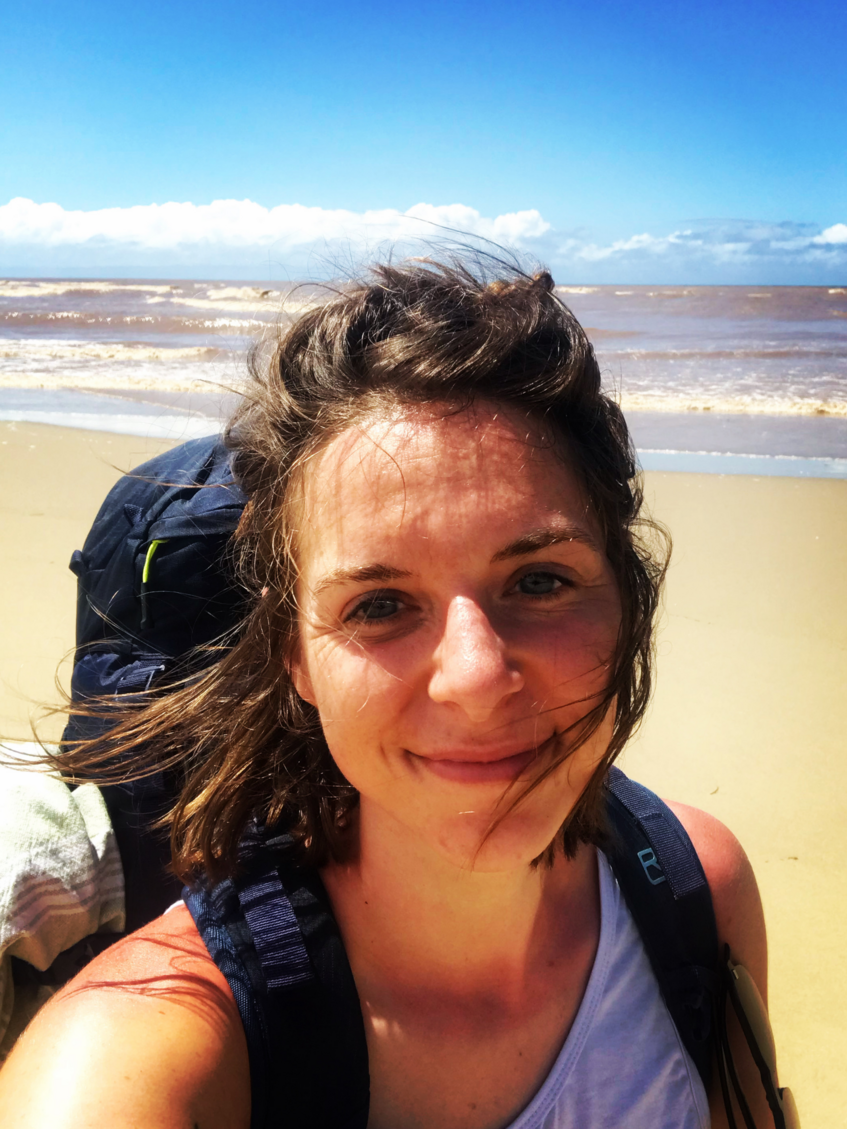
Elisabeth Knittelfelder (organisation, host). I am a postdoc in the field of literary studies, theatre studies, and cultural studies at the African Studies department at the University in Vienna. After spending some time Cape Town and Potsdam for my PhD on South African theatre, I am now working on decolonial ecology and ecocriticism in African literature with a focus on hydrocolonialism and climate justice. When I am not exploring new ideas under a pile of books on my desk or sharing these ideas in classrooms, I love being outside climbing on rocks or hiking in mountains and getting immersed in nature. For me u:africa lab is a space to disseminate and develop ideas and make them accessible beyond academic boundaries.
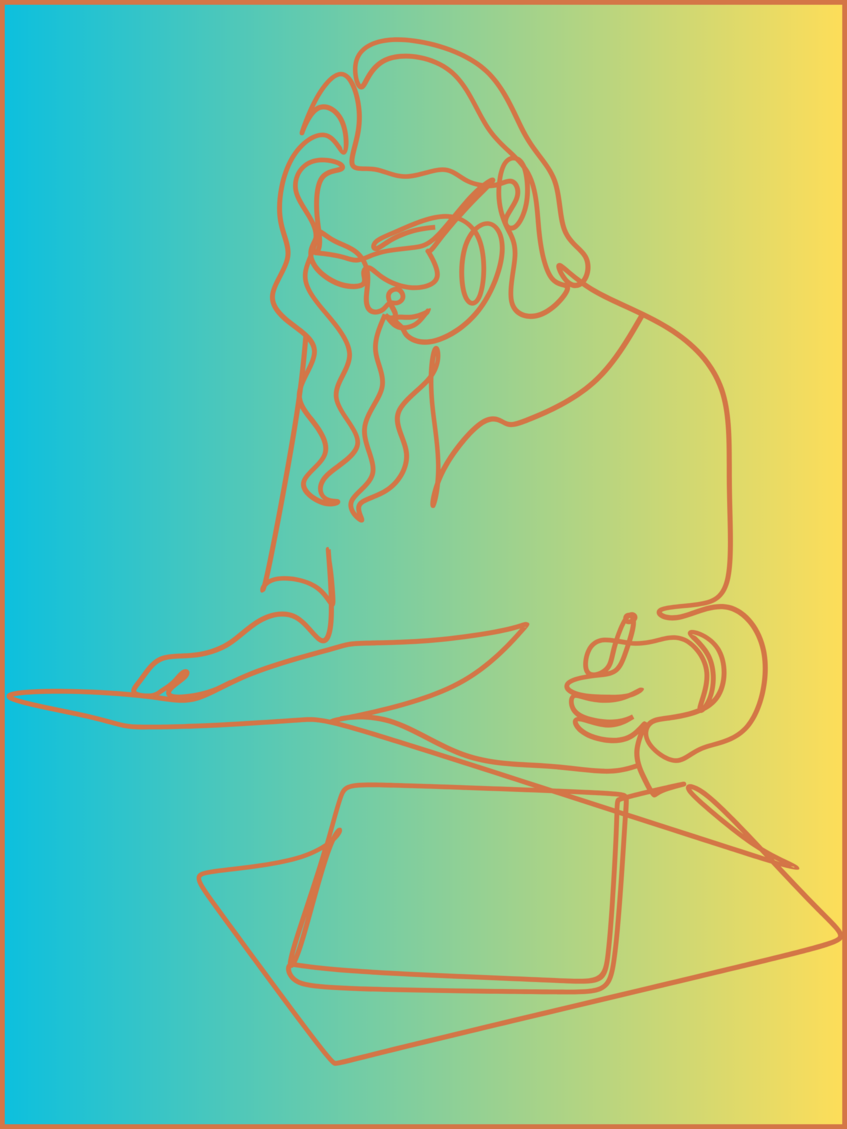
Sandra Benecchi (hosting, organisation, editing): I’ve been working as an organisational assistant at the department of African Studies since 2020 after spending a few years in the cultural and human rights field. I also grew up with the radio turned on all day long. I can remember that one day, the host introduced an astrophysicist as the guest of the show. I almost turned the radio off as I was convinced I would not be interested in it. As soon as the show started, I could not do anything else but listen. I listened, fascinated, almost holding my breath, until the end of the show. From that moment I have been convinced in the powers of radio to literally “talk to people” and grateful to those who suddenly opened my world. And this is exactly what my involvement in u:africa-lab is about: give passionate people a space to talk to us, fascinate us and broaden our perspectives.
